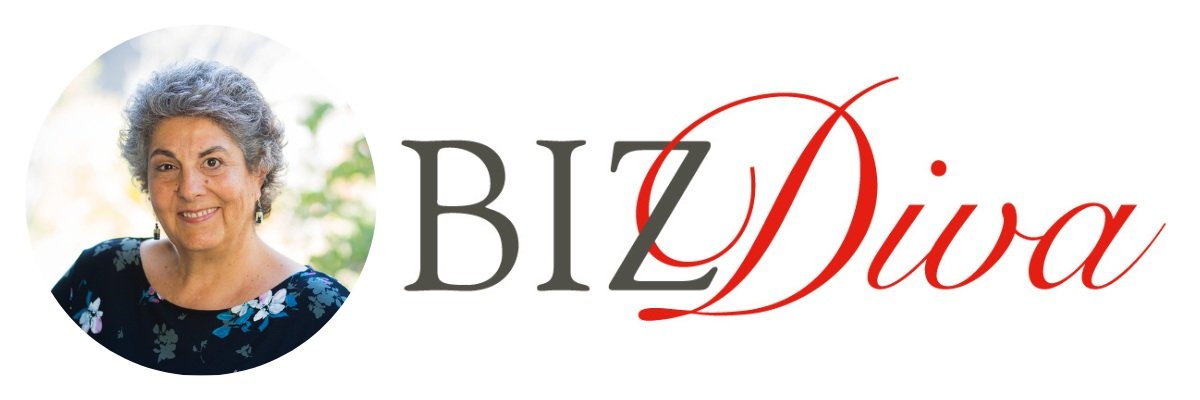3 Ways to Deal with Cash Flow Problems
 1) Squeak: Ask for help. Women tend to be quiet, and not ask for what they want, so they get low on the totem pole. Women deplete all of their own resources before they ask for help. By the time they do that, they have nothing to show, so it’s hard to convince a bank or investors to give you money.
1) Squeak: Ask for help. Women tend to be quiet, and not ask for what they want, so they get low on the totem pole. Women deplete all of their own resources before they ask for help. By the time they do that, they have nothing to show, so it’s hard to convince a bank or investors to give you money.
And remember for next time: don’t use the equity line on your home. Get a bank loan. It will help to position you as a real business and keep things professional.
2) When you aren’t getting paid: Call someone. If you can’t get people to pay you, ask yourself if you really want this client. We’re so often desperate for the income, and we’re invested in the relationship, and we want to believe people when they say the check is in the mail. If it’s an occasional thing, it’s a non-issue. Repeat offenders: stop doing business with them, call a collection agency.
3) When you can’t pay: Be honest. Call them, be honest with them, let them know what’s going on and your intention. Build a relationship with the Accounts Receivable person. This is where women have an advantage—but you have to remember that it’s a business relationship.
You have to overcome your fear that they won’t like you. The worst thing is doing nothing. It isn’t easy and I didn’t like doing it.
It doesn’t mean you’re a bad person—women tend to internalize. It’s not personal, it’s business.
You can’t have the same trust level as you do in a friendship. Eventually, it can be built on trust. You’re heart is not involved, it’s your mind. You are making good decisions—and you will do what you say.
Bonus Lesson: How to build relationships from the head—not the heart.
1) Have boundaries.
2) Understand this person is not your friend.
3) This is mutually beneficial—what’s theres, what’s yours.
4) Find people that have similar values, that are ethical, that do what they say they’re going to do.
5) If you do it with your heart, you have a lot more to lose and nothing more to gain. Landlords, brokers—there are lots out there. They are not unique. These are people that you want to have good relationships with—but a professional relationship. Case study: When I was selling one of my businesses, I was pretty close to my banker. I thought we were friends—but when my business situation got tough, her banker self came out, and it was no longer my welfare that was her first concern. I just didn’t understand that friendliness in a bank only means so much; they weren’t there to support me, they weren’t my friends. We were both there for our own benefit.
